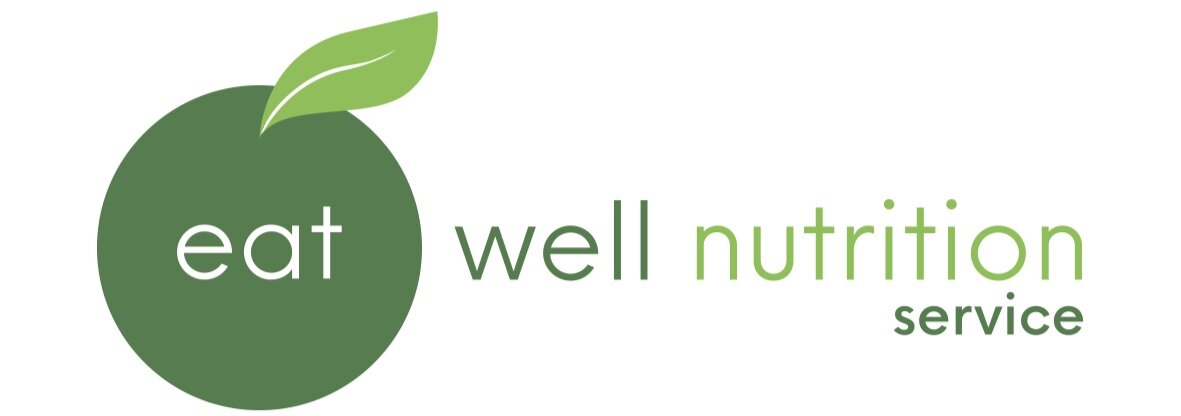Bone Health and Nutrition
Bone health is vital for living independent, active and healthy lives. With advancing age strong bones are vitally important to reduce the risk of falls and fractures that may occur due to weakened brittle bones, a condition known as osteoporosis. Osteoporosis affects more women than men, with risk increasing over the age 65 years for both men and women.
Nutrition plays an important role in maintaining the health of our bones throughout life. Key nutrients involved in the health of bones are calcium and Vitamin D. Calcium is important in building strong bones and supporting muscle and nerve function. Vitamin D also plays an important role in calcium and phosphate homeostasis. Deficiency of either of these two nutrients can lead to soft or brittle bones (osteoporosis) increasing the risk of fractures from minor bumps or knocks to the body. Fractures from falls are also more likely.
Risk factors for Vitamin D deficiency include older age, chronic illness and lack of sunlight exposure. Appropriate exposure to sunlight throughout the year is the main source of Vitamin D for the body. People who spend limited time outdoors such as those living in aged care or who are no longer independent are at greater risk of Vitamin D deficiency.
Some foods also contain Vitamin D. Sources include;
Fatty fish such as herring or mackerel
Liver
Eggs
Fortified products (some milks, margarine)
The level of Vitamin D in food fluctuates according to production and season. If deficiency develops Vitamin D supplementation is often required.
Adequate calcium intake is also important in reducing or preventing loss from bone. It is recommended older Australians consume 1300 mg of Calcium daily in order to maintain bone health. This is the equivalent of 3 serves of dairy foods each day.
Foods rich in calcium include:
Milk, cheese and yoghurt
Calcium fortified foods such as some cereals; calcium set tofu or fortified soy milks.
Almonds
Absorption however, may be impacted by low levels of Vitamin D, malabsorption or high consumption of foods containing oxalates (spinach) or phytates (grains) which can inhibit absorption of calcium. In older people calcium supplementation may also be required to maintain adequate calcium intake.
